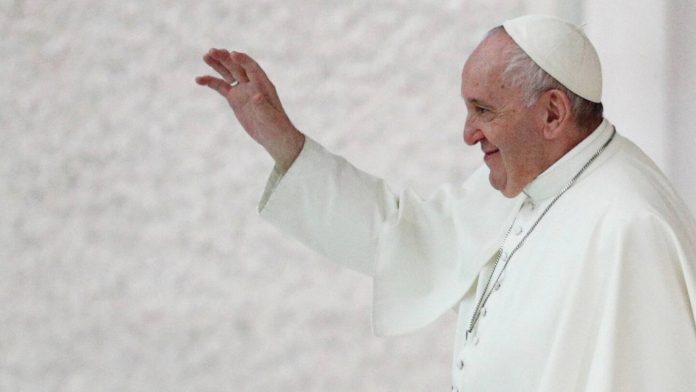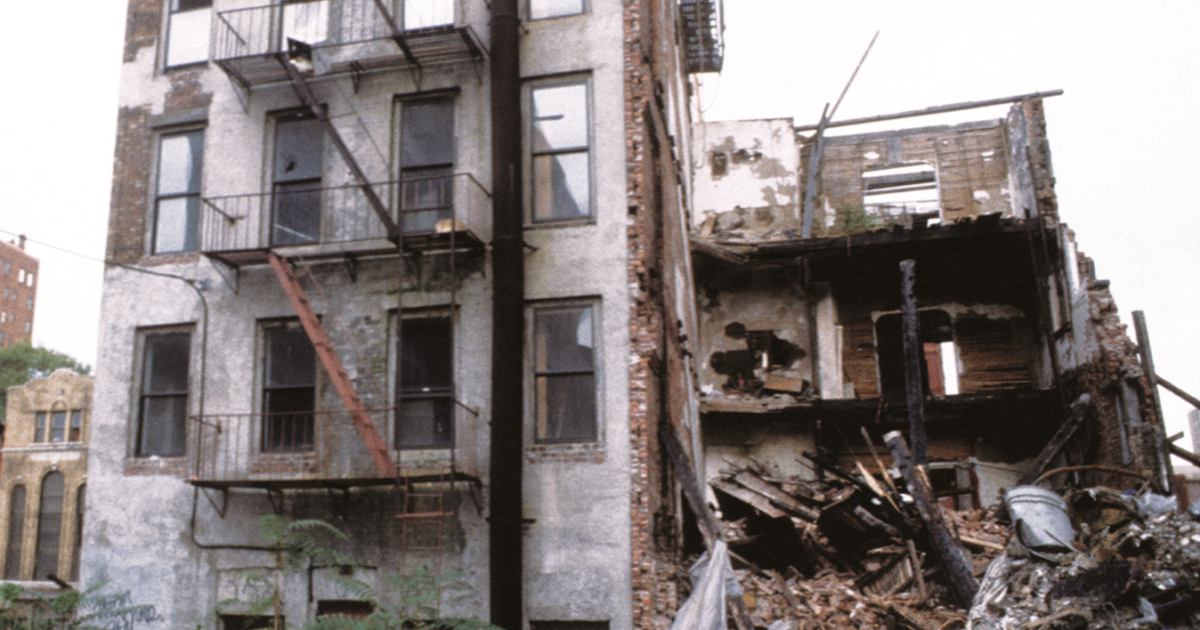
“They’re children of God and have a right to a family,” Pope Francis said in a new documentary. “Nobody should be thrown out, or be made miserable because of it.”
The recognition, from one of the most prominent and revered figures in the world, underscores the massive global shift in public opinion on gay rights, a transformation that social scientists say is unlike any other of our time. And some experts on public opinion say the pope’s position could help move attitudes toward acceptance in countries where gay rights have lagged.
“It gives people permission to change their minds,” said Brian Harrison, a political science lecturer at the University of Minnesota who has written about LGBTQ attitudes. “This gives people who have been ambivalent the social cover to say, ‘this is what I’ve thought all along.’ ”
But for others, including many advocates in the LGBTQ community, the pope’s focus on civil unions shows how little has actually changed in the Catholic Church’s stance on same-sex marriage.
“It ends up being an obstacle to reaching equality,” said María Rachid, a politician and LGBTQ rights advocate in Argentina who played a leading role in the campaign to legalize same-sex marriage in the country in 2010, when the now-pope led the Catholic Church there.
Rachid said Pope Francis, then Cardinal Jorge Mario Bergoglio, took a similar position in support of civil unions as he opposed same-sex marriage in the country. “It’s a strategy to prevent marriage,” Rachid said.
Some prominent Catholic leaders condemned the pope, and others said his comments were misinterpreted or taken too far. Either way, the pope’s words reflect a shift that has played out amid a wave of LGBTQ advancements worldwide. More than 1.1 billion people, or about 15 percent of the world’s population, now live in a country with legal same-sex marriage, according to Freedom to Marry. And many of these countries, including Argentina, Brazil, Portugal, France and Ireland, have majority-Catholic populations.
According to the Pew Research Center, public opinion on homosexuality remains largely divided by country and region. Populations surveyed in Western Europe and the Americas are generally more accepting than those in Eastern Europe, Russia, Ukraine, the Middle East and sub-Saharan Africa, according to a June Pew report. Those in the Asia-Pacific region are generally split.
But many countries have seen double-digit shifts in acceptance between 2002 and 2019, according to Pew. South Africa saw a 21-point increase and South Korean attitudes increased by 19 points over the same time period. In Mexico and Japan in 2002, just over half of people surveyed said they accepted homosexuality. Now that number is closer to 7 in 10 people.
So in many ways, Pope Francis isn’t leading public opinion as much as he is following it. “He is adapting the church to its people,” said Javier Corrales, chair of Amherst College’s political science department and an expert on the politics of sexuality in Latin America.
These shifts in public opinion have in large part come as a result of the campaigns for same-sex marriage in many countries, political scientists say. Each time a country has approved same-sex marriage, the issue has been pushed into national discourse, often spurring backlash, but also helping to normalize the idea.
“It’s not just a legal moment, it’s a visceral moment,” said Andrew Reynolds, a political scientist at Princeton University. In Ireland, which approved same-sex marriage by a popular vote in 2015, moving ad campaigns focused on the parents of LGBTQ people showing up to the polls to vote in the referendum. In one video, an elderly couple identified themselves as Roman Catholics, and spoke about how “the ever-loving God that we believe in will say we did the right thing and the Christian thing in voting yes for marriage equality.”
“It gave people in Ireland the permission to see themselves as someone who would support this,” Harrison said.
Researchers have found that people are more likely to express support for same-sex marriage when they have been exposed to that message from an “in-group” leader, such as a politician or a pastor. In one experiment, Harrison found that religious participants who read a statement in support of gay rights written by a prominent religious figure were more likely to agree than if the statement had been written by an anonymous writer.
Political scientists often cite the example of President Barack Obama’s announcement that he no longer opposed gay marriage. Among those who changed their opinion on same-sex marriage after Obama endorsed it, Blacks were more likely than Whites to shift toward supporting it.
It wasn’t immediately clear what tangible steps — if any — could flow from Francis’s comments, if it could impact dioceses’ decisions around, for example, offering health care to same-sex partners or opening state-funded adoption or foster programs to same-gender couples. The U.S. Supreme Court next month is scheduled to hear a case asking whether Philadelphia may exclude a Catholic adoption agency from its foster care program because the agency won’t place children with same-gender couples.
Peter Cajka, a historian of U.S. Catholicism at Notre Dame said there will likely be a cultural backlash, in the form of more anti-Francis feeling. “There will be more proxy wars,” he said. By calling for civil unions, he added, Francis is saying they are “acceptable from a Catholic perspective,” but it’s not clear if the pope is celebrating gay families or simply saying not to exclude them.
“Pastorally he does, but it’s a legal move to say you should be recognized by your states, that the church has to work with the state,” Cajka said.
According to columnist Michael Sean Winters, that is how some U.S. bishops have been thinking for years — agree to civil unions to carve out a distinction between legal and religious marriages.
Some conservative Catholics might express concern as a result of the pope’s comments, he added, but many of them have also adjusted to the cultural shift.
“There’s no doctrine involved in how civil law might or might not recognize various types of friendships and allow certain legal benefits,” he said. “The bridge too far for Catholic doctrine is what we know as sacramental marriage.”
Even if the pope’s statements don’t lead to any change from within the Catholic Church, his words could still have a profound impact in shaping attitudes among Catholics worldwide, particularly in countries where the papacy carries more weight. It could help move the conversation in Latin American countries such as Chile and Peru, Corrales sad, and in parts of Asia, according to Reynolds.
Francis’s statements also have the potential to weaken the organized opposition to gay rights just outside of Vatican City in Italy, where same-sex marriage is still not legal, said Gabriele Magni, an assistant professor of political science at Loyola Marymount University and an expert on LGBTQ representation. Italians took to the streets last weekend in clashing protests over a bill that would make anti-LGBTQ violence a hate crime.
With the pope’s statement about a gay couple’s right to a family, Magni said, he is “attacking the most important argument against same-sex unions.” Opposition is often framed as an effort to protect the traditional family unit.
“This argument,” Magni said, “is not as strong anymore.”








